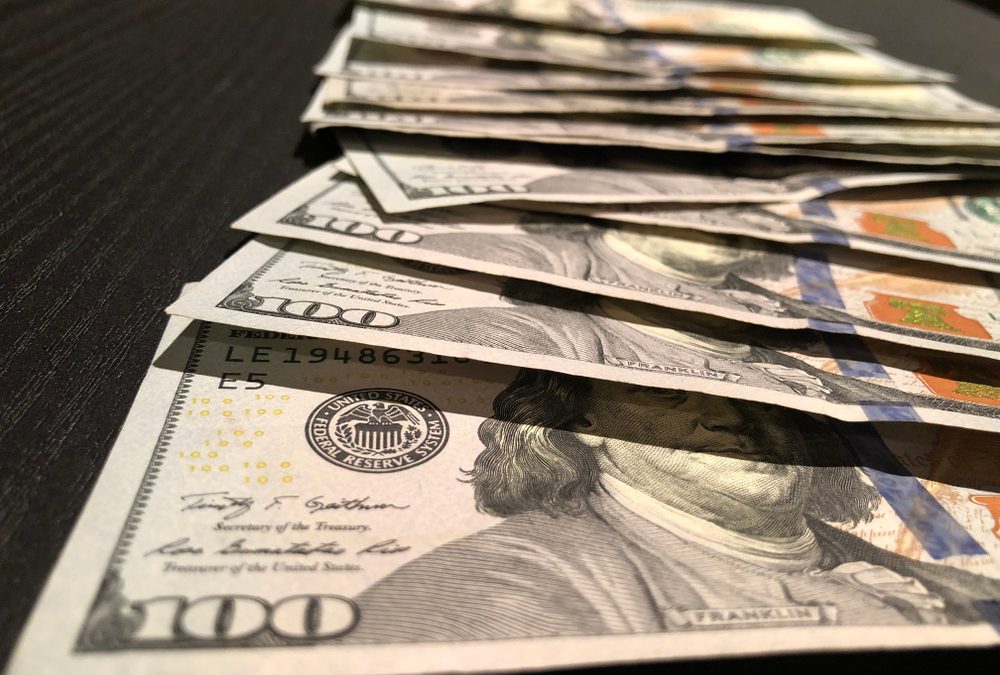Payday loans certainly have a bad name, but much has changed over the last few years. Gone are the astronomical interest rates charged by some lenders along with many of the additional charges that lenders applied. But does that mean payday loans can be used relatively safely in certain situations, or should they still be avoided at all costs?
What is a payday loan?
A payday loan is a short-term loan that is designed to help people cover immediate cash needs until their next ‘payday’. These loans are typically for small amounts and have a high annual percentage rate (APR), with repayments typically due within between two weeks and a month. This guide from Wonga explains more about how payday loans work.
When might a payday loan be an appropriate product to use?
You should only ever consider accessing a payday loan if you have an urgent need for money that you’re confident you’ll be able to repay quickly. Before applying for a payday loan, it’s worth drawing up a budget for the next few weeks so you can be sure you’ll be able to repay the loan, in full, when your next pay cheque comes in. If you can’t repay the loan in full, be very careful, as that’s how debt cycles can begin.
It’s also very important to consider all of your options before approaching a payday lender. There could be alternatives, such as borrowing money from friends or family or using savings, which are preferable.
What other options should you consider?
In some cases, it may be that there are other options available to you that are preferable to accessing a payday loan. Alternatives you should consider, include:
- Overdraft
Do you have a pre-arranged overdraft with the bank? If you do, you could find it’s a cheaper way to borrow money than a payday loan. If you don’t have an existing overdraft facility set up, make sure you call the bank first to discuss the situation with them and see what sort of overdraft they’re willing to give you. Fees for unauthorised use of an overdraft can be extremely expensive, so always contact the bank first.
- Credit card
Credit cards are certainly not a low-cost way to borrow money over the longer term, but they could be a very effective way to cover your costs for a few weeks. Some credit card issuers offer credit cards designed for people with bad credit, so even if you have adverse events on your credit record, this could still be a route that’s worth exploring.
- Family or friends
Asking a family member or friend for financial assistance is never an easy conversation to have, but if the alternative is borrowing money at a higher rate of interest, it might be worth it. Just make sure you write the particulars of the agreement down and stick to it to avoid potentially damaging your relationship.
How do payday loans affect your credit score?
An important consideration for many prospective borrowers is whether having a payday loan on their credit report will affect their credit score. In the case of a payday loan, some lenders may not run a credit check, which means the payday loan will not affect your credit score or even appear on your credit report at all.
However, that can be both an advantage and a disadvantage for borrowers. As payday loans don’t show up on your credit report, it will not help to improve your damaged credit score when you repay the loan on time. It’s also worth noting that recent changes to online lending rules mean that any reputable lender will with a doubt be checking your credit score.
What are your experiences with payday loans?
Has a payday loan ever been the right product for you? What was the situation and what were the alternatives? Please share your thoughts in the comments section below.
More Stuff For Your Inspiration:
- No Related Posts
Related posts
Categories
- Around The World (369)
- Business (57)
- Education (9)
- Home Improvement (23)
- Humor (191)
- Inspiration (512)
- Lifestyle (21)
- Motivation (2)
- News (31)
- Photo of the Day (257)
- Photography (105)
- Technology (61)
- Travel (8)



